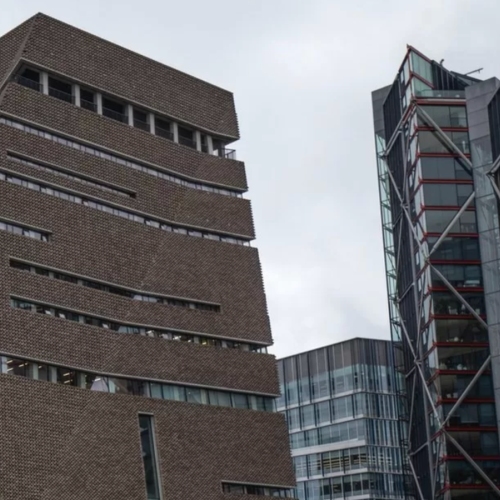In a nutshell; Part II of the Act entitles qualifying tenants to a new tenancy after taking certain procedural steps. One key step is service of a “Section 26” request for a new tenancy, which enables the tenant to kick-start the lease renewal process.
Even if a tenant has the right to request a new tenancy and has served the relevant request, a landlord can successfully oppose the request if it satisfies one of the available grounds permitted by Section 30(1) of the Act.
A landlord confirms its opposition by serving a counter-notice setting out the ground(s) relied on. A counter-notice must be served within two months of the Section 26 request; if the landlord fails to set out its ground(s) within this period, the right to oppose is lost.
Rent Arrears
Of the available statutory grounds of opposition, “Ground B” is satisfied if a landlord can establish that “the tenant ought not to be granted a new tenancy in view of his persistent delay in paying rent which has become due”.
The pandemic has seen many tenants accrue significant rent arrears which remain unpaid. Tenants might be forgiven for thinking now is not an ideal time to instigate a renewal process and invite opposition from the landlord based on this specific ground. However, there are tactical considerations to consider.
The Effect of the Coronavirus Act 2020 (CVA)
The CVA imposed restrictions on a landlord’s ability to take certain action against a tenant – most notably in relation to forfeiture and Commercial Rent Arrears Recovery.
The CVA has also temporarily amended how the Act operates where landlords oppose new tenancies under Ground B. The CVA states that if a landlord opposes a new tenancy due to persistent delays in paying rent, any failure to pay rent during the “relevant period” is to be disregarded completely.
The relevant period is prescribed by the CVA and currently runs from 26 March 2020 to 30 June 2021. Any failure to pay rent during this period will not be a relevant factor in determining whether the landlord will successfully oppose a new tenancy. This is a key protection for tenants who have only fallen into arrears after March 2020.
Timing and Tactics
The Government is currently consulting on how, when, and if it should lift/modify existing CVA restrictions. At some point, the “relevant period” will not be extended further and, when it does, nobody knows if the CVA will continue to remain in force.
It would be surprising for the Government to completely lift these restrictions, but the legislation is changing regularly, and we could be in a very different situation after 30 June 2021.
If the restrictions on Ground B opposition were to be lifted completely, arrears accrued after 26 March 2020 might suddenly become a relevant factor in support of landlord opposition. Tenants may rue a missed opportunity to commence the renewal process at a time when many landlords are unable to effectively rely on this ground only.
The question of timing is therefore key – there are little over two months remaining until the end of the current “relevant period” – 30 June 2021. As explained above, there is also a two-month period in which the landlord can cite its ground of opposition.
There is therefore a short window of time in which a tenant may serve a Section 26 request, safe in the knowledge that pandemic arrears will not factor into any Ground B opposition cited by the landlord. For notices served after April 2021, tenants will need to hope that the CVA remains in force in its current guise and/or that the relevant period is extended still further, to provide the adequate protection.
The CVA does not affect other grounds of opposition (e.g. a landlord’s intention to redevelop) and this article should not be read as constituting legal advice, which should always be sought in relation to the issues raised.




